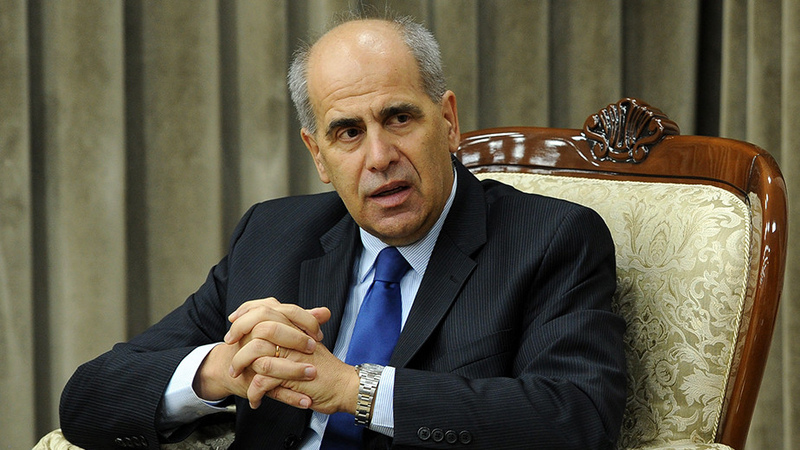
AKIPRESS.COM - Kazakhstan and Central Asia should not be the source of a “competition” between East and West Europe, a conference in Brussels was told, the EU Reporter said.
The comments, by a senior EU official, come amid concerns that oil-rich countries such as Kazakhstan may be tempted to move towards the east, namely Russia, or Europe and the west in the future.
Peter Burian, EU Special Representative for Central Asia at the European External Action Service (EEAS), said, “We are not pushing our partners in the region to choose one or the other. There is space for everyone and this is not a competition.”
He added: “I truly believe this is possible provided all actors and players respect and pursue interest of the region over narrow national interest. The EU wants to work with everyone in the region who shares these approaches and principles.”
The EEAS official was one of the keynote speakers at the high level conference, ‘The New EU Strategy for Central Asia – Enhancing Regional Co-operation’, on Wednesday (9 October).
Organized by the Berlin Eurasian Club, the meeting was told by Burian of the potential the country offers, saying: “The EU intends to step up cooperation with and support for Central Asian countries including Kazakhstan.”
He added: “Central Asia is high on the agenda of the EU these days. It is not because of some conflict or crisis in the region but on the contrary because of positive developments.”
He also warned, though, of “challenges” including in the labour market, adding: “One million young people in Kazakhstan enter the labour market each year which presents opportunities but also challenges. Unless these people find work there can be negative consequences with some even maybe being lured into extremism.”
Burian also called on the EU to “work together” in the region, telling the packed conference: “At present there is a temptation for fragmentation which does not help.”
EU interest in the region, he said, was “clearly reflected” in its new Strategy on Central Asia, endorsed in June by member states.
This aims to focus future EU action in the area on two “key priorities” including being “partners for resilience” and encouraging countries in the region to “turn environmental challenges into opportunities.”
He said: “We want to step up our cooperation to support economic modernization and there is a lot we can do to support stronger and competitive job-generation.”
He told the meeting: “We want to translate political commitments into reality.”
He added: “The EU also intends to step up cooperation with central Asian partners to promote peace in Afghanistan. We also want to intensify our cooperation to promote sustainable, comprehensive and rules based connectivity which allows central Asia avoiding the debt trap and the trap of poor quality projects.”
Burian also announced that the EU had established a new platform: the EU Central Asia Economic Forum which, he told the conference, will support economic cooperation.
His comments come after European Commission president Jean-Claude Juncker recently said that the infrastructure should create interconnections between all countries in the world and not merely dependence on one country.
“We want to support the modernization processes in all central Asian countries but new technologies and equipment are worth nothing if you do not have the human capacity and the regulatory framework to use them in the most efficient manner.”
Further contribution came from Yermek Kosherbayev, deputy foreign minister in Kazakhstan who said relations “between our countries have been developing successfully with mutual trust and respect”.
He highlighted several key developments, including building a system for attracting and supporting foreign investment and focusing on its experience in attracting investments.
The country has 12 special economic zones and 23 industrial zones (SEZ and IZ) with different sectoral orientations, which include ready-made infrastructure and a wide range of investment preferences.
Additionally, the Astana International Financial Centre “embodies the best models of financial centers in New York, Singapore, London and Dubai on the principles and norms of English law”.
Also highlighted was the work done on improving work on attracting investments. This includes the Coordination Council which addresses systemic issues that impede the implementation of investment activities, as well as targeted issues of investors and makes decisions according to it.
The private equity market (direct investment) is, he said, also “actively developing” in Kazakhstan.
